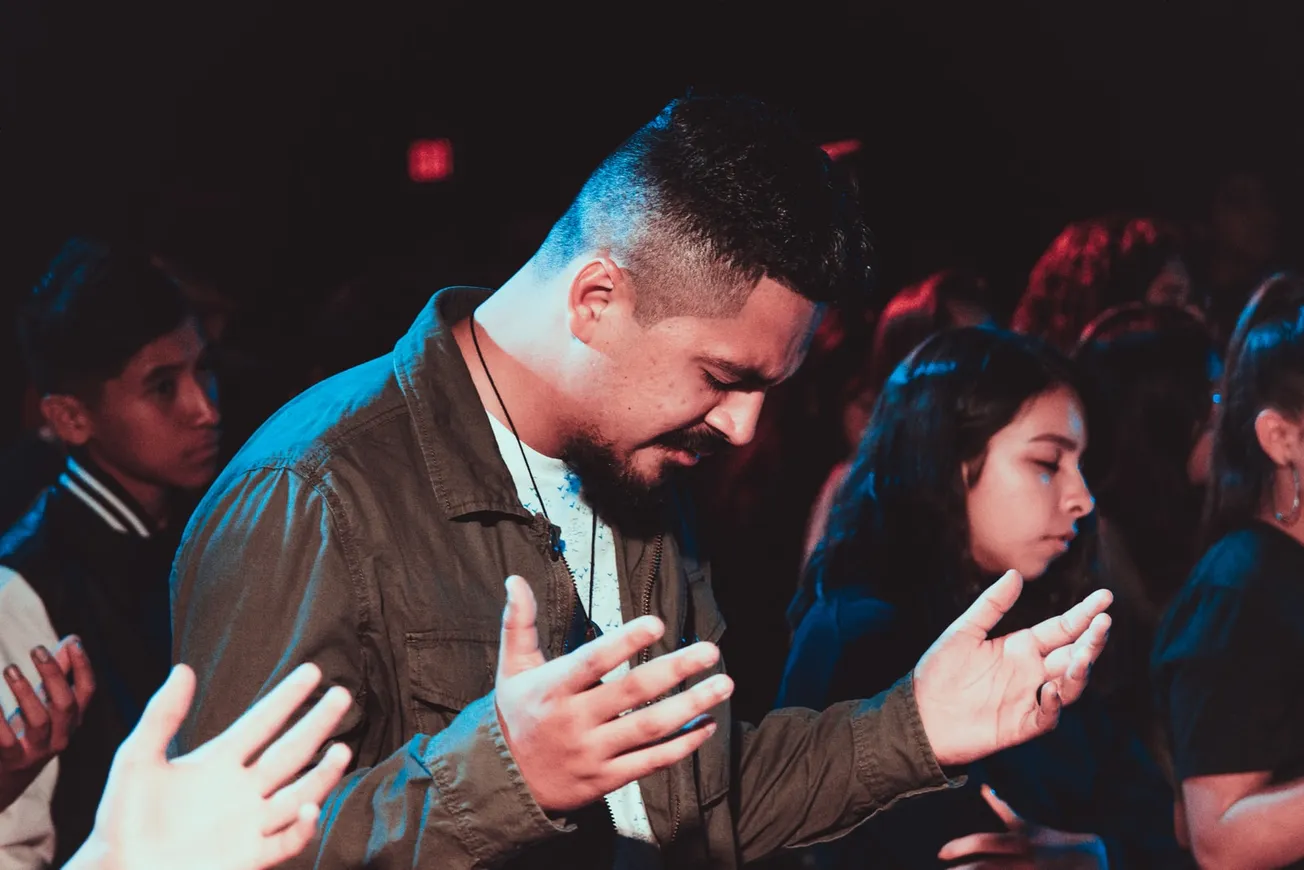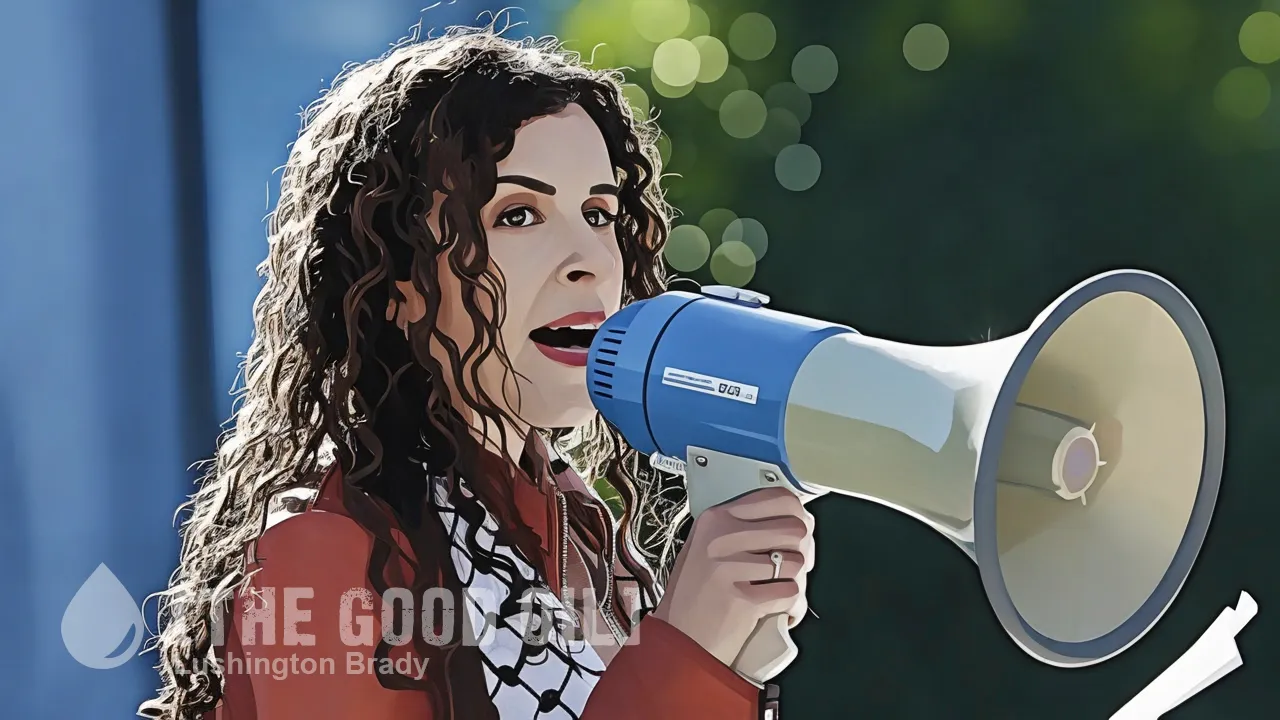Table of Contents
Bryce Edwards
democracyproject.nz
Dr Bryce Edwards is Political Analyst in Residence at Victoria University of Wellington. He is the director of the Democracy Project.
The big policy issue dividing the party in the weekend was the caucus decision last week to vote against the first reading of the Government’s legislation to ban conversation therapy. National supports the principles of the bill, but has strong concerns about some of the details of how the law would work, especially in terms of the possible prosecution of parents.
Writing about this on Tuesday in her column, Jo Moir is highly critical of the decision to vote against the bill:
“there’s a long-standing practice in Parliament that if a party agrees with the basic principle of a bill, it’s best to support it at first reading and try and make changes during the select committee process. If those changes aren’t made, or consensus can’t be reached, then parties rightly pull their support for legislation at a second or third reading.”
Moir argues that the liberal wing of the party has been crushed by the decision to oppose the bill outright, and this has simply exacerbated caucus divisions:
“National has always been seen as a broad church, but with the caucus having shrunk to just 33 MPs the liberal wing is very much in the minority, and was thoroughly whipped in all senses of the word by the conservatives. A fairer solution would have been to treat it as a conscience vote and give its liberal MPs including Chris Bishop, Nicola Willis and Erica Stanford the opportunity to support it.”
This all meant that the conference became a forum for discontented liberal party members to push back on this issue. Richard Harman writes about that division, and the decision to oppose the bill:
“The Young Nats launched during a closed session on Saturday what one delegate told Politik was an all-out attack on the caucus for not allowing the bill to go to a Select Committee where it could have been amended. But privately, some of the conservative members of the caucus were dismissing this idea, saying what they did sent a very clear signal to a specific electorate. That electorate is conservative evangelical Christians.”
This article can be republished under a Creative Commons CC BY-ND 4.0 license. Attributions should include a link to the Democracy Project.
Please share this BFD article so others can discover The BFD.









